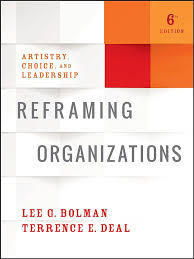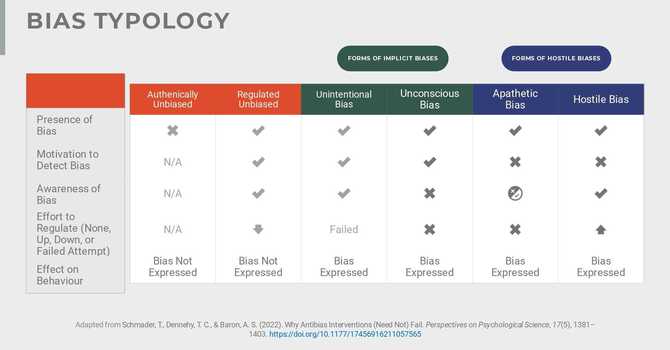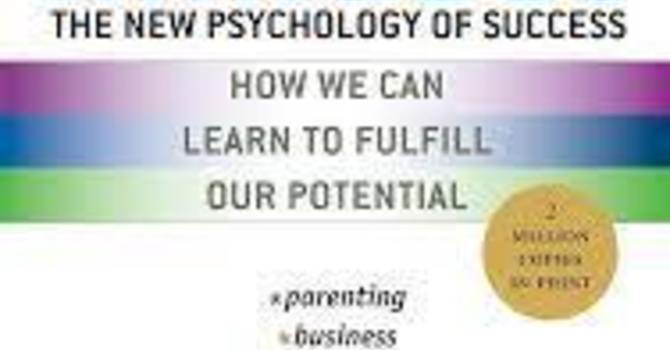In the dynamic landscape of modern leadership, the need for influential and visionary leaders has never been more crucial. As organizations grapple with the complexities of a rapidly changing world, the demand for leaders who can provide a durable sense of purpose and direction rooted deeply in values and the human spirit is rising. Bolman and Deal's insights on organizational leadership highlight leaders' paradoxical challenges - maintaining integrity and mission without succumbing to rigidity. This is where executive coaching emerges as a powerful tool for professional development.
Managing Challenging Situations:
Good managers and leaders are required to sustain a tension-filled poise between extremes. This delicate balance is necessary for navigating the challenges that organizations encounter. Executive coaching becomes applicable when leaders must develop the confidence to confront gnarly problems and deep team divisions. The coach serves as a guide, helping leaders navigate through the tension and fostering resilience and adaptability.
Values vs. Strategies:
The distinction between enduring values and elastic strategies is crucial in pursuing effective leadership. Values provide the foundation upon which organizations build their identity, while strategies demand flexibility and adaptability. Executive coaching aids leaders in embracing a flexible perspective, enabling them to see a greater range of possibilities and make more effective decisions. The coach acts as a sounding board, challenging leaders to reassess their perspectives and consider innovative approaches.
Challenging and Counterintuitive Perspectives:
Leadership is often about embracing challenging and counterintuitive perspectives. Executive coaching becomes particularly relevant when leaders need guidance in navigating uncharted territories and breaking away from conventional thinking. Coaches provide a safe space for leaders to explore unconventional ideas, fostering creativity and encouraging them to step out of their comfort zones.
Smart Leadership:
The absence of wise and artistic leaders can lead to misdirected resources, massive ineffectiveness, and unnecessary human pain and suffering. Executive coaching is tailored for leaders who have graduated to a level of development that requires intentional and focused support. Coaches work with leaders to enhance their wisdom, helping them make decisions aligning with organizational values and strategic objectives.
Conclusion:
In a world where leadership is continuously tested, executive coaching emerges as a transformative force for professional development. Leaders who engage in a coaching experience benefit from navigating the complexities of their roles with an enhanced perspective. As organizations strive for sustainable success, investing in executive coaching becomes not just a choice but a strategic imperative for cultivating leaders capable of steering their teams through the challenges of today and tomorrow.




